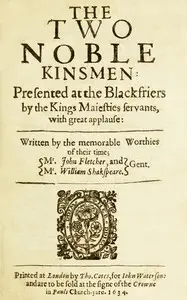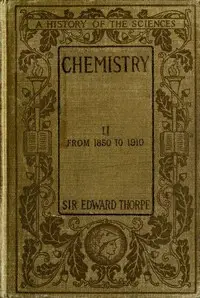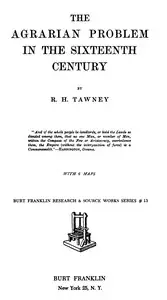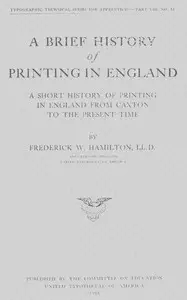"King Henry the Fifth" by William Shakespeare is a historical play written in the late 16th century. The play dramatizes the events surrounding King Henry V of England, including his claim to the French throne and the consequential military campaign in France during the early 15th century. It highlights themes of leadership, honor, and the burdens of kingship, primarily through the character of Henry himself as he navigates the complexities of war and loyalty. The opening of "King Henry the Fifth" sets the stage for the story to unfold, introducing the character of Henry who is now fully aware of the responsibilities and challenges faced as he prepares for war. At the royal court in Westminster, Henry calls upon the Archbishop of Canterbury to discuss his claim to the French crown, specifically addressing the Salique law, which has been invoked against his claims. As Henry demonstrates his determination and sense of justice, the conspiratorial plots and inner conflicts that threaten his rule are established, revealing the political tensions that will play a crucial role in the narrative. The scene transitions from England to France, foreshadowing the impending conflict and Henry's journey of transformation from a wayward prince to a formidable leader. (This is an automatically generated summary.)

King Henry the Fifth Arranged for Representation at the Princess's Theatre
By William Shakespeare
"King Henry the Fifth" by William Shakespeare is a historical play written in the late 16th century. The play dramatizes the events surrounding King H...
William Shakespeare was an English playwright, poet and actor. He is widely regarded as the greatest writer in the English language and the world's pre-eminent dramatist. He is often called England's national poet and the "Bard of Avon". His extant works, including collaborations, consist of some 39 plays, 154 sonnets, three long narrative poems and a few other verses, some of uncertain authorship. His plays have been translated into every major living language and are performed more often than those of any other playwright. Shakespeare remains arguably the most influential writer in the English language, and his works continue to be studied and reinterpreted.


















